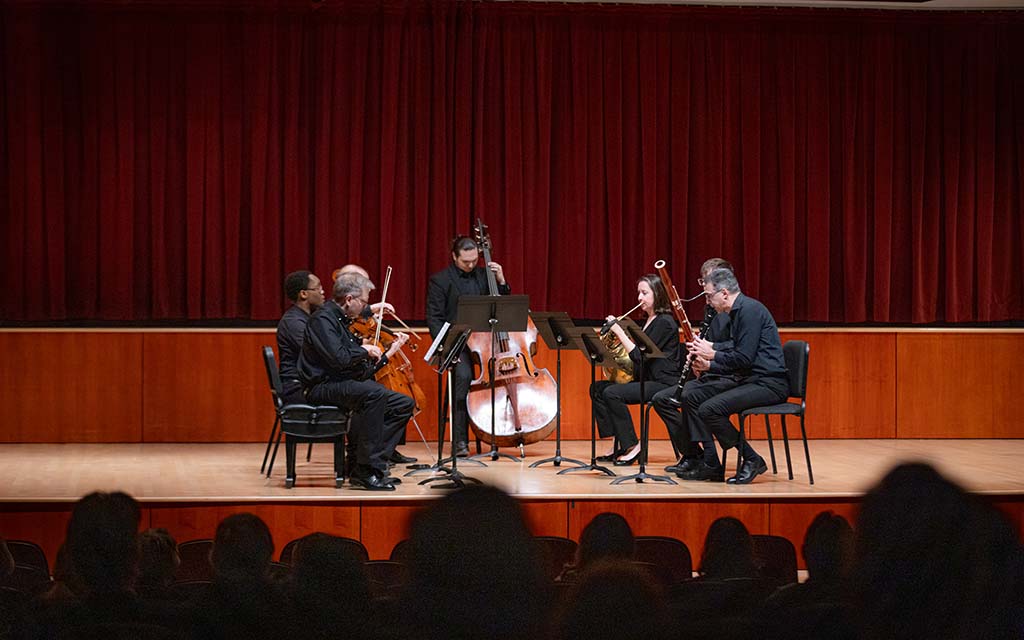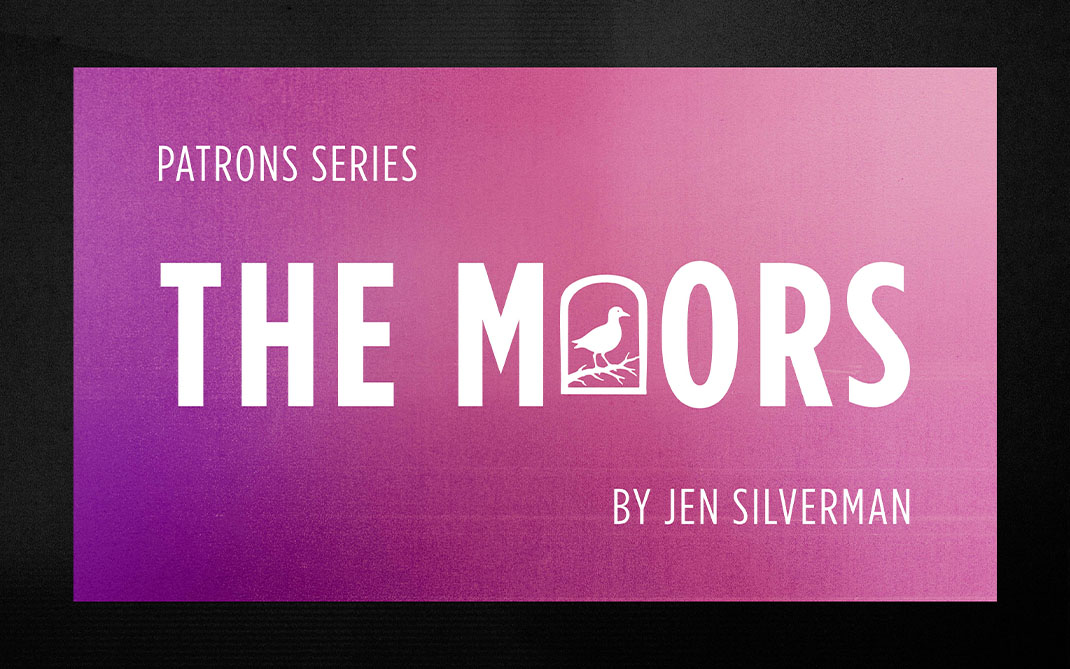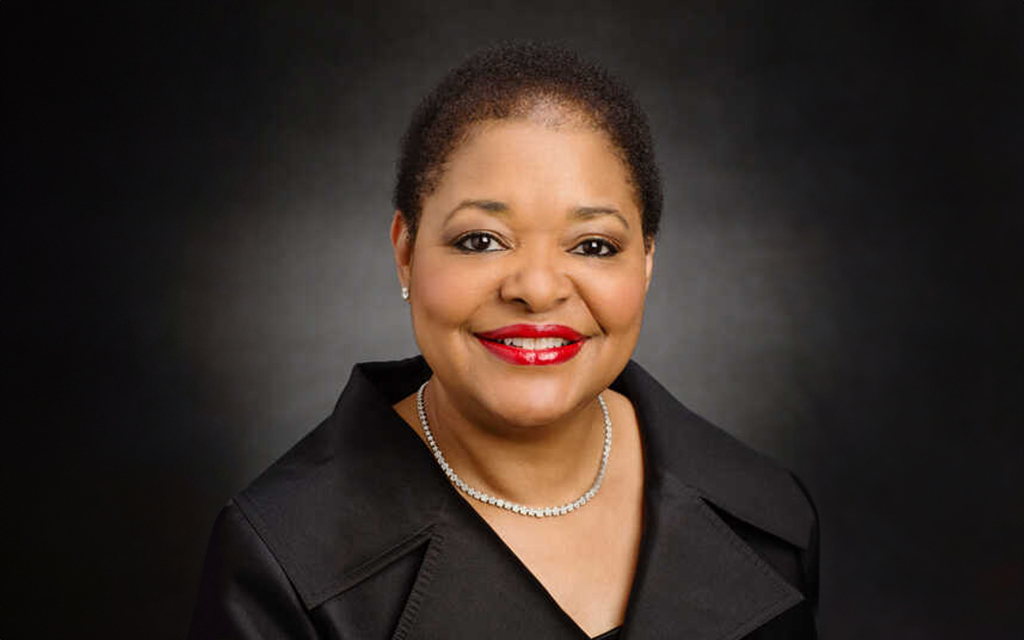Backstage: Executive Vice Chancellor and Provost Patrick Sims
Patrick J. Sims began his tenure as executive vice chancellor and provost at UNCSA last August, bringing a breadth of experience as an artist, educator, diversity champion and senior administrator. Coming from the University of Wisconsin-Madison (UW-Madison), where he served as deputy vice chancellor for diversity and inclusion and the Elzie Higginbottom Vice Provost and Chief Diversity Officer, Sims is also a professor of theater with a 20-plus-year career in teaching, and the first African American in UW-Madison’s Department of Theatre and Drama to rise through the ranks and achieve the title of full professor.
He founded the Theatre for Cultural and Social Awareness, an interactive theater-based training model that dramatizes sensitive subject matters for universities, corporations and nonprofit organizations in the United States.
Q: You have a background in theater. Does this influence the way you approach the job of provost?
It influences not only the way I approach the role of provost, but how I lead as an administrator. As artists, you learn to work with all walks of life. You learn how to communicate and talk to people. And you have to be able to read a room. Those are invaluable skills that I’ve been able to develop through the theater. I often say that I approach leading as though I’m directing a play. I very much believe in the spirit of collaboration, which is not always a way of engaging in senior leadership circles — it’s something that we sometimes take for granted in the arts.
Q: Your first year at UNCSA was marked by the COVID-19 pandemic, and a renewed national focus on social justice issues. What did you learn?
I learned how resilient our community is and how dedicated our faculty and staff are to supporting our students in the work that we do. With social justice issues, there are natural synergies that the arts can provide as portals into these discussions — that’s what my own creative research tried to address. In the arts community, we often assume we are welcoming and inviting to all. That’s not the case for all people. The events of the spring and summer of 2020 have created the “aha” moment in ways that would not have been possible before. We have a lot of work to do on the EDIB front, but as long as you have a willing coalition you can do some really exciting things.
Q: Do you feel there is a particular value to the arts in creating social change/justice?
Absolutely. With the arts, we can distill the most complex ideas into what makes us “us” — the ability to empathize and feel and connect with another person’s lived experience. I often say, you’ve got your head, heart and soul. If we’re firing well on the first two, a person can feel like they can bring their own being to bear and have a sense of belonging, accomplishment and value. The soul part of that equation is the culmination of all of the above without apology. I think the arts can help society achieve this trifecta in ways very few other experiences can.
Q: Do you have a favorite playwright or play?
I am a big fan of Athol Fugard, the South African playwright. He was pushing the boundaries and understanding of the construct of race in apartheid South Africa. Being white, he was interested in challenging the status quo and how we think about race. I’ve just been fascinated by his work. I’m also a big fan of Suzan-Lori Parks. I was an undergrad at Yale when she was an artist-in-residence. She has been described as “dementedly brilliant.” I think that’s a perfect description. If you read her work, you have a visual experience. You see her wordplay with language on the printed page. To hear her work, you have a different auditory experience. Just brilliant. I could go on about August Wilson. For me he’s our Black Shakespeare. Some would say, “He’s no Black Shakespeare — he’s August Wilson!” And I agree with that too!
This article appeared in the 2021 issue of Scene.
READ THE COMPLETE ISSUE
July 20, 2021





